In recent months a debate over whether a global insect apocalypse is underway has raged in the mainstream media and among researchers. To assess the range of scientific opinion, Mongabay interviewed 24 entomologists and other scientists working on six continents, in more than a dozen countries, to better determine what we know, what we don’t, and, most importantly, what we should do about it.
This is part two of a four-part exclusive series by Mongabay senior contributor Jeremy Hance. Read Part I, “A global look at a deepening crisis” here.
Tyson Wepprich, a postdoctoral research associate at Oregon State University, was only supposed to be looking at the presence or absence of butterfly species in Ohio. But news of insect decline, in blockbuster studies from Germany and Puerto Rico, changed his plans. His team is now also looking hard at overall abundance — and the early results aren’t good.
“The trends are similar to those in long-term European butterfly monitoring where abundance, summed across all species, is declining at around 2 percent per year,” he says of the team’s unpublished work, and “about twice as many species are declining rather than increasing.”
Wepprich’s ongoing research is just another sign that something may be seriously amiss with the world’s insects — something some entomologists have privately suspected, but which they are only now beginning to prove and publish about.
“I used to think of conservation as policies to save rare species from extinction,” Wepprich says, but adds he now believes conserving abundance must also be a part of any successful environmental strategy.

A “typical malaise [trap] catch in the good old days” before insect decline swept Western Europe, as described by researcher Hans de Kroon. Malaise traps are the typical traps used to capture insects over time. Image by the Entomological Society Krefeld.
Insects: A conservation black hole
Despite the fact that arthropods make up most of the species on Earth, and much of the planet’s biomass, they are significantly understudied compared to mammals, plants, birds, amphibians, reptiles, fish and much else.
The IUCN Red List, for example, has assessed just 8,131 insect species regarding their extinction risk, a mere 0.8 percent of known insect species (the Red List estimates around a million insect species have been described). By contrast, the list has assessed 100 percent of all known mammals and birds. Moreover, today, nearly 300 years after Carl Linnaeus devised the system of taxonomy, we’ve only identified a small fraction of all the insect species inhabiting our world.
Conservation of insects, even of well-known species, has also lagged well behind conservation of other taxonomic groups. This is likely due to a philanthropic reality: it has proven far easier to raise funds for tigers, panda bears and whales than for glacier fleas, oleander hawk moths, or exploding ants. There are, of course, some conservation groups that focus solely on insects, like the Xerxes Society in the U.S., or Buglife in the U.K. But they’re far smaller and less well funded than those focused on big charismatic mammals or birds popular with the public. Millions of people call themselves “birders”; far fewer claim to be “insecters.”
In truth, for most of modern conservation history, environmentalists haven’t really worried much about insect conservation; the assumption has long been that if you protect umbrella species (also known as keystone or flagship species) in a landscape, you’ll be conserving all else as well. But new research by entomologists is clearly showing that’s no longer the case.
Warning shot: Confirming EU insect decline
No insect groups on Earth have been more thoroughly studied than those in Europe, including in the U.K., where none other than Charles Darwin himself made considerable contributions to the field of entomology.
So it’s no surprise that the first news of a so-called insect apocalypse came from Western Europe in a groundbreaking, eye-opening, and stunning paper that exploded on the scene in October 2017. It found that flying insects in 63 protected areas in Germany had declined by 75 percent in just 25 years. The study was built on the meticulous records of amateur entomologists. To date, this is the strongest data we have on insect declines in temperate areas.
But German amateurs aren’t the only ones with good long-term records. The UK Butterfly Monitoring Scheme has been keeping annual tabs on butterflies for 43 years, and over that time two-thirds of the nations’ species have decreased. Meanwhile, a recent report on Scottish moths found that their abundance dropped by 46 percent in just 25 years. While these data points are useful and deeply concerning, they say nothing about the vast majority of less charismatic insects, or about insect abundance across ecosystems.
“We do not have much proper research [in Europe] for most taxa, except butterflies, bees and maybe Odonata [dragonflies and damselflies],” says Pedro Cardoso, a University of Helsinki ecology professor who studies insects.
But Axel Ssymank, an entomologist with the German Federal Agency for Nature Conservation, says he fears the collapse of insects in the EU, though far from conclusive to date, is likely to be confirmed. He notes that ongoing monitoring at several EU sites has resulted in similar findings to the Germany study: species that were abundant only 10 to 20 years ago are now “extremely rare or vanished.” Ssymank, who specializes in hoverflies, says he has seen drops of 80 percent in hoverfly abundance in lowland valleys.
“Obviously, not only the big insects, like some large butterflies, are heavily declining, but also the tiny ones, regardless of body size, but with an amazing variation between even closely related species,” he says.
The German research team responsible for the 2017 abundance study is continuing its work. Co-author Hans de Kroon, a plant ecologist with Radboud University in the Netherlands, says he and his colleagues are now interested not only in ongoing monitoring of the populations in the German reserves, but also in finding out how insect declines are impacting other species, particularly birds. They also plan to use DNA barcoding to get a better sense of how particular insect species are faring compared to others.
He adds that researchers in neighboring nations are uncovering similar findings to those first reported in Germany. Long-term data sets in his home country of the Netherlands, for example, show “the same declines of say 50, 60, and 70 percent decline over say a 30-year time span.”
A paper appearing in June in the journal Biological Conservation found an incredible 84 percent decline in butterflies in the Netherlands from 1890 to 2017; in reality, the authors write, “the loss is likely even higher.”
“The pattern is getting confirmed all the time, and it’s not so much of a surprise [now] because [the Germany study] really looked at a large number of sites over a big variety of different habitats,” de Kroon notes. “It’s very typical of a Western European landscape.”
He suggests that such declines will also be confirmed in North America, where climate and habitat are most similar to Western Europe.
“This is what seems to be going on.”
North American decline?
In North America, insect news has long been dominated by colony collapse disorder: the abandonment en masse of honeybee hives, a phenomenon that began to get attention in the early 2000s. Despite nearly two decades of research, the causes of hive failures are still not known, but likely suspects include parasites, disease, habitat loss and pesticides — or some combination of these. More recently, colony collapse concern has been exacerbated by fears of pollinator declines. But even in the U.S., research on pollinators, let alone the less charismatic insects that make up the wealth of abundance and diversity, lags far behind that done in Europe.
Neither the U.S. nor Canada have conducted an in-depth study similar to that done in Germany. One could point to recent research in Puerto Rico, considered part of North America, that found insect populations had utterly collapsed in a tropical rainforest. But given that the habitat in the study is so different from most of North America, it’s a more useful analogue for the Neotropics than North America.
“Unfortunately we do not yet have a clear understanding of how insect populations are changing in North America,” says Corrie Moreau, an entomologist who specializes in ants at Cornell University. “Although museum collections and previously published studies can inform us of past diversity and abundance, we need new sampling efforts to understand how insect populations look today.”
Research efforts may be ramping up in the mainland U.S., however, after scientists saw the work coming out of Germany and Puerto Rico.
“I know of groups that are starting to make plans for those kinds of [abundance] studies,” says says Michelle Trautwein, an expert on flies and assistant curator of entomology with the California Academy of Sciences.
So it’s likely that Tyson Wepprich’s work in Ohio is just one of hopefully many studies that will hit science journals in the next few years, meaning we may soon gain a much better sense of the scale of North American insect declines.
“From what I have seen from the Ohio monitoring, even common butterfly species are having trouble adapting to the many potential contributors to the changing environment,” Wepprich says.
While Wepprich only tracked butterflies, his work could complement research that looks at other insect families, or as was done in Germany and Puerto Rico, insect total biomass.
One disturbing new development: the insect declines now being detected in Europe and North America may even extend as far north as the Arctic tundra. Research published in 2017 in Ecography assessed a field site in super-remote Zackenberg, Greenland, and found “strong declines of insects of certain fly families and species,” according to Toke Høye, a co-author and researcher at Denmark’s Aarhus University. One discovery: flies in the Muscidae family dropped by 80 percent in just 20 years.
However, says Høye, those declines haven’t been detected across the board so far; Arctic research has shown declines in waste-eating insects but possible rises in herbivorous ones in Greenland.
He notes that the Arctic declines can only likely be explained by climate change, given that the research station in Zackenberg is too far from any human habitation to be impacted by human-caused habitat destruction or pesticide drift.

Clear-cut forest near Eugene, Oregon. The destruction of forests and other habitats, often due to the intensification of agriculture, has likely been hitting insects hard in the EU and North America, but more data is urgently needed. Image by Calibas via Wikimedia Commons (CC BY-SA 3.0)
Drivers of change
To the south, in both Europe and North America, most researchers say the likely primary drivers of most insect population declines so far are habitat loss and degradation, and pesticide use — not climate change.
“Climate change is so far very low on the list of causes,” says Ssymank, referring to European insects.
He notes that insects inhabiting high-altitude areas threatened by global warming (think the Alps) could be being heavily impacted, though that research is yet to be done.
Bradford Lister, who led the Puerto Rico insect abundance study and found climate change to be the primary driver of declines there, disagrees. He says researchers in temperate regions have “totally missed” looking at, and seeing, the impact of climate change on insect abundance.
“I think we have to start utilizing statistical techniques that will allow us to assess the impact of heat on temperate insects,” he says, adding, “We’ve been somewhat remiss in not fully examining the impacts of climate warming.”
In the end, the plunge in insect populations may be due to, and sustained by, a variety of causes, which may differ across regions — though the human fingerprint is assuredly always there.
“Unfortunately I suspect it is more a death by a million cuts that is leading to these dramatic losses,” Moreau concludes.
What we know, and don’t know
Preliminary research in Europe and, to a lesser extent, in North America points to a decline in the abundance of numerous insect species, seemingly across families and habitats. And what we know from Europe is that overall abundance, at least in countries like Germany and the Netherlands, has plunged precipitously in just a few decades — even in nature reserves.
“I think this [serious loss] fits into all the other alarm bells that have been ringing for us and society lately,” Trautwein says. “The potential drivers of [the insect decline] are things that are causing major issues for society and for ecosystems more generally: climate change, habitat destruction, pesticide usage … This is all added evidence that we need to start taking this [mass extinction crisis] seriously.”
Indeed, because everything in the web of life is connected, and because the slashing of one thread leads to the weakening of the whole, crashing insect abundance is almost certainly linked to other ecological degradations occurring on our planet.
“All of a sudden you start looking at nature in a different way because the things that have been changing could very well be changing as a result of this insect decline,” says de Kroon.
For example, insect decline may also explain losses among insect-eating birds, lizards and amphibians.
In the end, we are left with far more questions than answers. For example, how are insects faring on the rest of the planet, where research dollars are spread much more thinly, especially in the tropics of Africa, Asia and Latin America? It’s here that insect diversity stands unparalleled, with most species still unknown to science. But, to date, we have only a single major tropical study on just one protected area on a solitary island in the Caribbean, though we may soon have more.
“Things are in much, much more dire straits than I ever thought. I think the time has come to start using stronger terms,” concludes Lister. “When I saw [the headline] ‘Insect Apocalypse is Here’ [in the New York Times]… I thought, ‘Oh, my God, this isn’t good.’ You know how scientists don’t want to oversell or [use] hyperbole? But now, yes, that’s a good term — a catastrophic collapse is what I’ve been saying lately.”
This is part two of a four-part exclusive series by Mongabay senior contributor Jeremy Hance. Read Part I, “A global look at a deepening crisis” here.
Mongabay articles are licensed under a Creative Commons Attribution-NoDerivatives 4.0 International License. To republish this report, see here.
*
Note to readers: please click the share buttons above or below. Forward this article to your email lists. Crosspost on your blog site, internet forums. etc.
Sources
Koltz, A. M., Schmidt, N. M., & Høye, T. T. (2018). Differential arthropod responses to warming are altering the structure of Arctic communities. Royal Society Open Science, 5(4), 171503. doi:10.1098/rsos.171503
Loboda, S., Savage, J., Buddle, C. M., Schmidt, N. M., & Høye, T. T. (2017). Declining diversity and abundance of High Arctic fly assemblages over two decades of rapid climate warming. Ecography,41(2), 265-277. doi:10.1111/ecog.02747
Bowden, J. J., Hansen, O. L., Olsen, K., Schmidt, N. M., & Høye, T. T. (2018). Drivers of inter-annual variation and long-term change in High-Arctic spider species abundances. Polar Biology,41(8), 1635-1649. doi:10.1007/s00300-018-2351-0
Høye, T. T., Post, E., Schmidt, N. M., Trøjelsgaard, K., & Forchhammer, M. C. (2013). Shorter flowering seasons and declining abundance of flower visitors in a warmer Arctic. Nature Climate Change, 3(8), 759-763. doi:10.1038/nclimate1909
Ollerton, J., Winfree, R., & Tarrant, S. (2011). How many flowering plants are pollinated by animals? Oikos, 120(3), 321-326. doi:10.1111/j.1600-0706.2010.18644.x
Bar-On, Y. M., Phillips, R., & Milo, R. (2018). The biomass distribution on Earth. Proceedings of the National Academy of Sciences, 115(25), 6506-6511. doi:10.1073/pnas.1711842115
Komonen, A., Halme, P., & Kotiaho, J. S. (2019). Alarmist by bad design: Strongly popularized unsubstantiated claims undermine credibility of conservation science. Rethinking Ecology, 4, 17-19. doi:10.3897/rethinkingecology.4.34440
Wagner, D. L. (2019). Global insect decline: Comments on Sánchez-Bayo and Wyckhuys (2019). Biological Conservation, 233, 332-333. doi:10.1016/j.biocon.2019.03.005
Cardoso, P., Branco, V. V., Chichorro, F., Fukushima, C. S., & Macías-Hernández, N. (2019). Can we really predict a catastrophic worldwide decline of entomofauna and its drivers? Global Ecology and Conservation, 20. doi:10.1016/j.gecco.2019.e00621










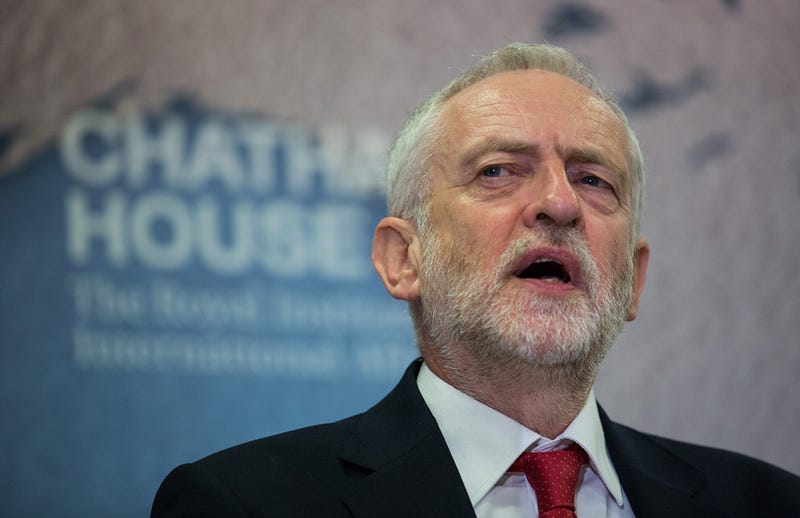

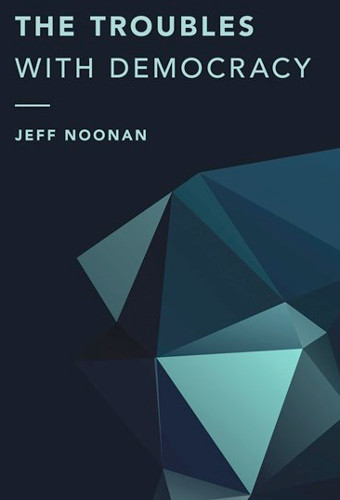

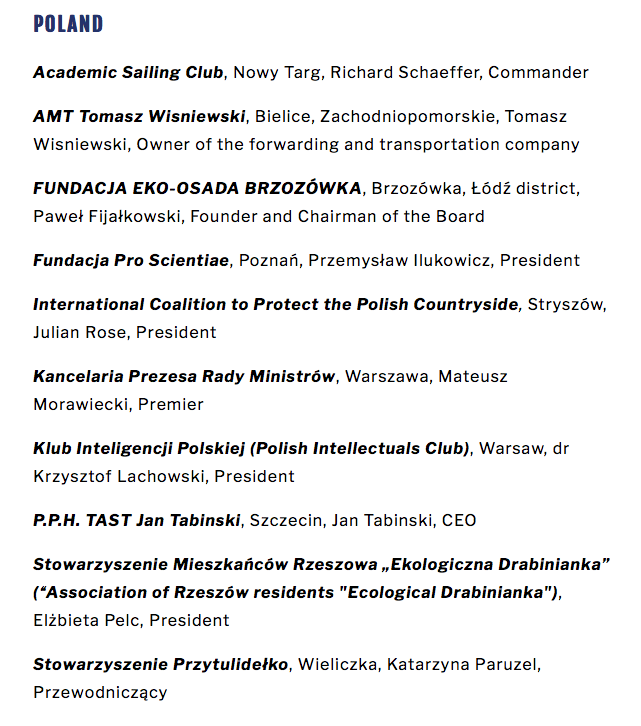







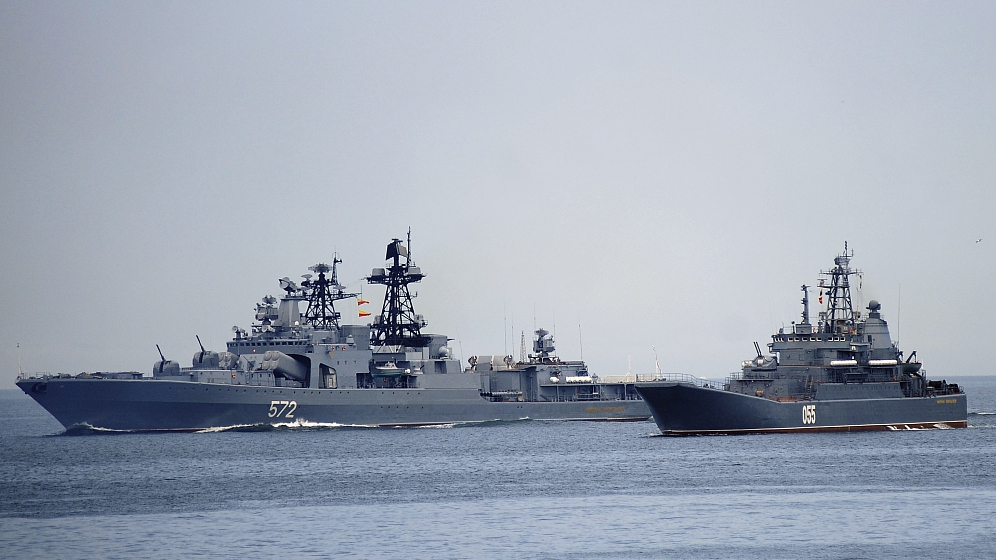
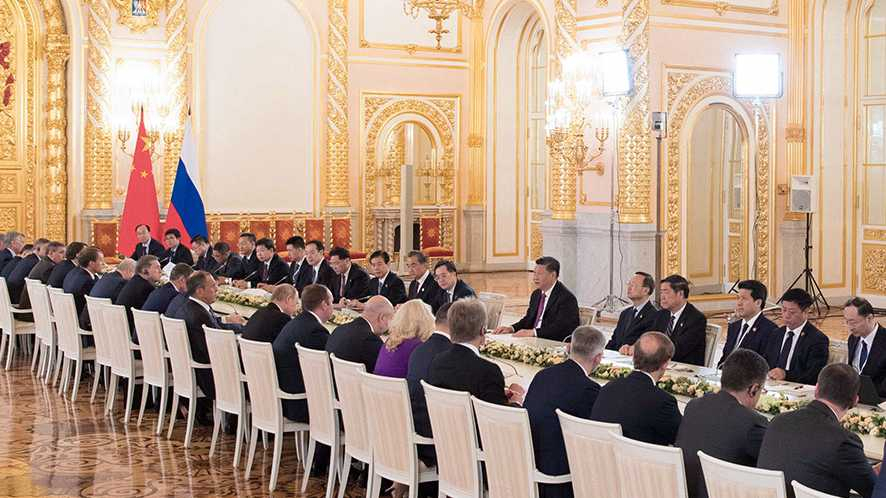

 “Is it an American ship?” “What do you mean American?” “No comment.”
“Is it an American ship?” “What do you mean American?” “No comment.” Bilderberg, in particular has evoked considerable intrigue in recent years, especially since the publication of Daniel Estulin’s 2005 book:
Bilderberg, in particular has evoked considerable intrigue in recent years, especially since the publication of Daniel Estulin’s 2005 book: 

































